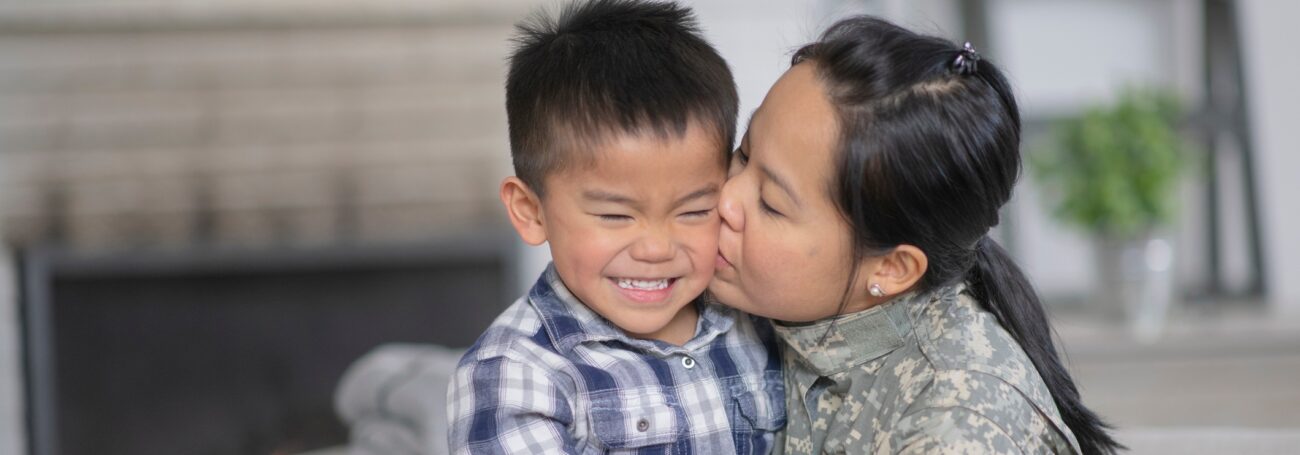Early Head Start Home-Based Option
Early Head Start Home-Based Option (EHS) provides individualized services to pregnant women, infants, and toddlers to promote the school readiness of young children from low-income families. The model is administered by the Office of Head Start in the U.S. Department of Health and Human Services’ Administration for Children and Families. EHS promotes the school readiness of low-income children from birth to 3 years old by enhancing their cognitive, social, and emotional development.
What is the model’s approach to providing home visiting services?
Home visits take place weekly. Services are provided until the child is 3 years old. There are no age requirements for when families should begin services.
EHS’ target population includes the following:
- Low-income families
- Teenage mothers or teenage parents
- Parents/caregivers with limited education
- Children with developmental delays or disabilities
- Children with special health care needs
- Families with a history of substance abuse or in need of treatment
- Families with a history of child abuse or neglect/involvement with child welfare system
- Children in foster care
Who is implementing the model?
Home Visitors
EHS was implemented by 6,054 home visitors in 2019. The model requires a home-based Child Development Associate (CDA) credential, comparable credential, or equivalent coursework as part of an associate’s or bachelor’s degree. Home visitors are required to maintain an average caseload of 10 to 12 families.
Supervisors
EHS was implemented by 1,279 supervisors in 2019. The model requires a bachelor’s or other advanced degree with coursework in early childhood education and early education experience for supervisors.
Where is the model implemented?
EHS operated in 867 local agencies across 50 states and the District of Columbia, Puerto Rico, and the U.S. Virgin Islands in 2019.

Families Served Through Evidence-Based Home Visiting in 2019
Race and ethnicity
3% American Indian/Alaska Native
4% Asian
12% Black
<1% Native Hawaiian/Pacific Islander
61% White
10% Multiple
9% Other
32% Hispanic or Latino
68% Not Hispanic or Latino
Caregiver education
24% No HS diploma
46% HS diploma or GED
22% Some college or training
8% Bachelor's degree or higher
Primary language
72% English
21% Spanish
6% Other
Child age
33% < 1 year
63% 1-2 years
5% 3 years
Child insurance status
93% Public
4% Private
3% None
